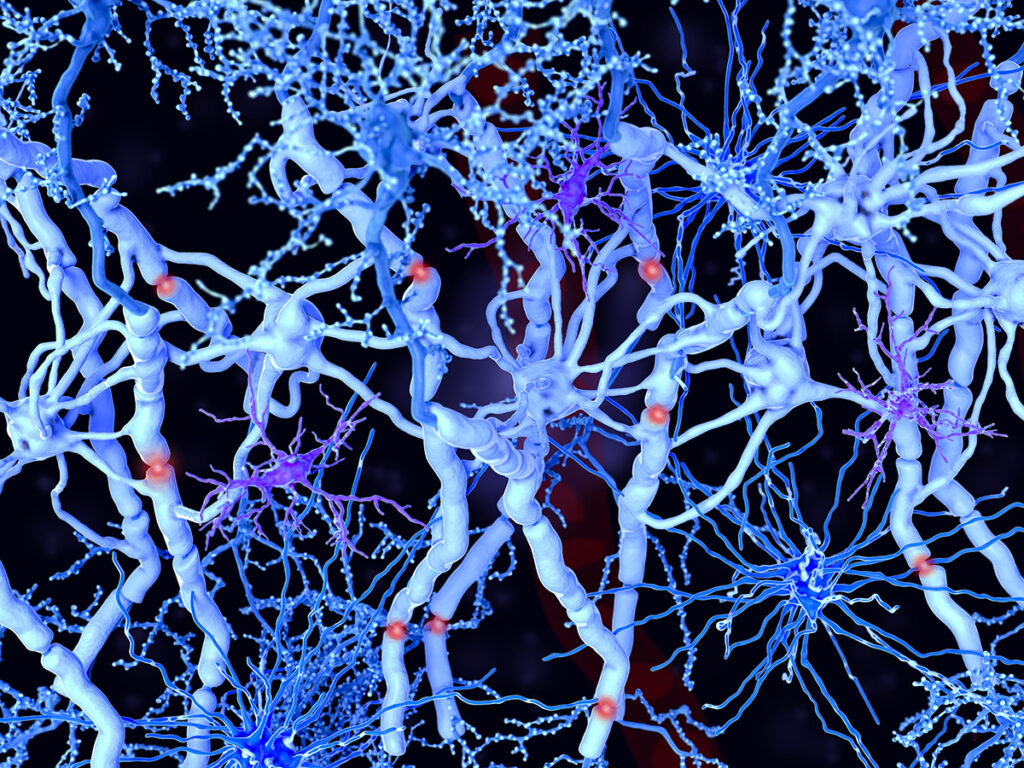It’s the milk that does it

The development of young children depends not least on their nutrition. It is therefore important to understand which factors influence development and what effect certain ingredients in “natural” breast milk or “artificial” milk substitutes have.

The World Health Organization (WHO) recommends that newborns be fed exclusively on breast milk for the first six months and then on a complementary basis until the age of two. However, for various reasons, mothers are not always able to breastfeed or pump milk, so various breast-milk substitutes have been developed. Despite a similar nutritional value, however, there are differences in the ingredients of “natural” breast milk and “artificial” milk substitutes.
But do these differences in ingredients also affect child development? If so – which ingredients exactly make the difference? What aspects of child development are affected? Are there sensitive periods for feeding on breast milk? How long can effects on child development be observed? Do they affect all children equally or is there a certain group – for example premature babies – who particularly benefit from one form of nutrition? Such findings are important for providing optimal advice to parents, developing new milk substitutes or making scientifically informed policy decisions to support families and children.
At this booth, we will show how child development can be monitored in the first years of life and how the influences of early nutrition can be studied both in child behavior and in vitro, in cells.


